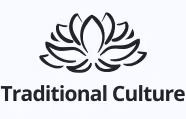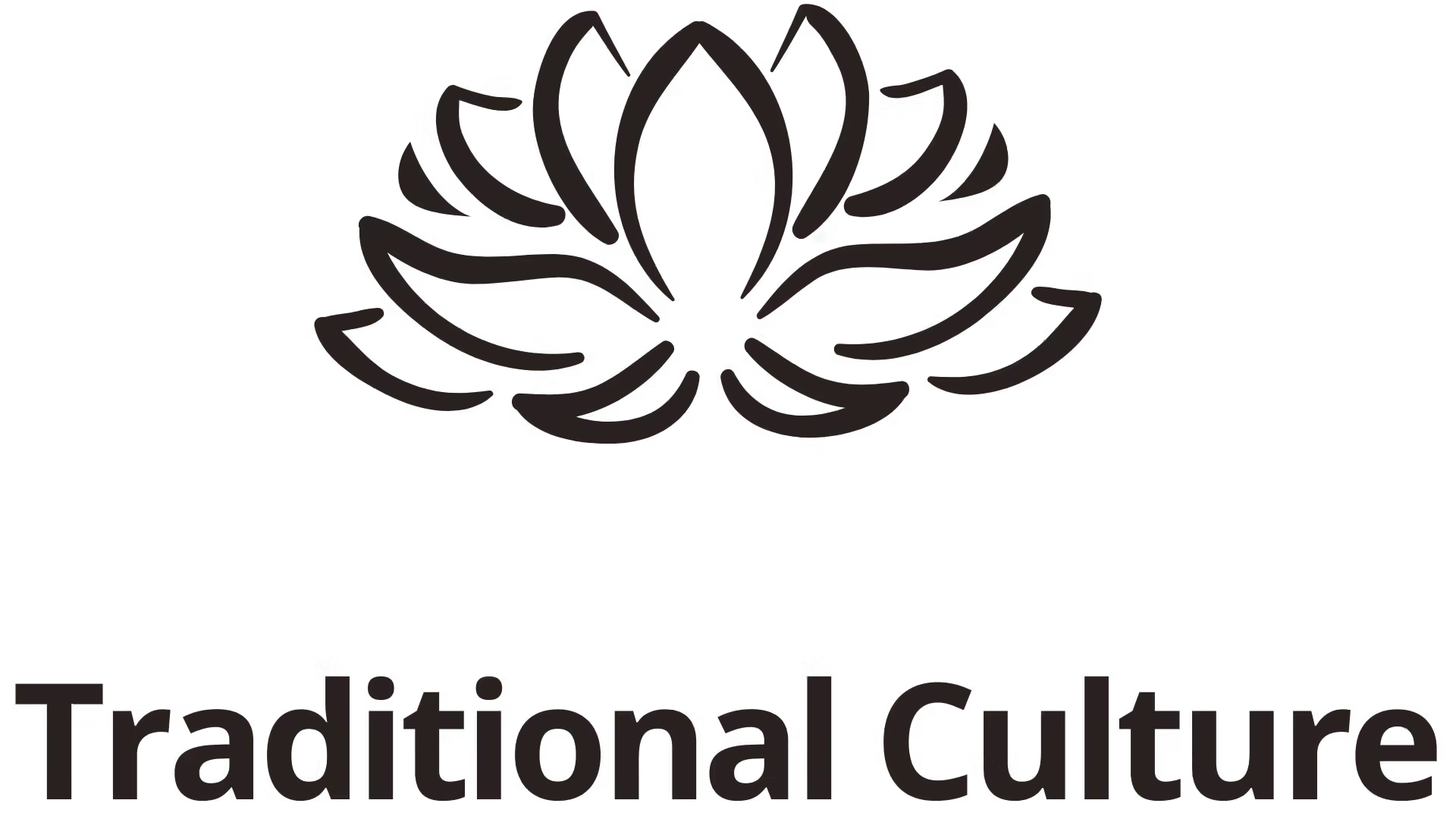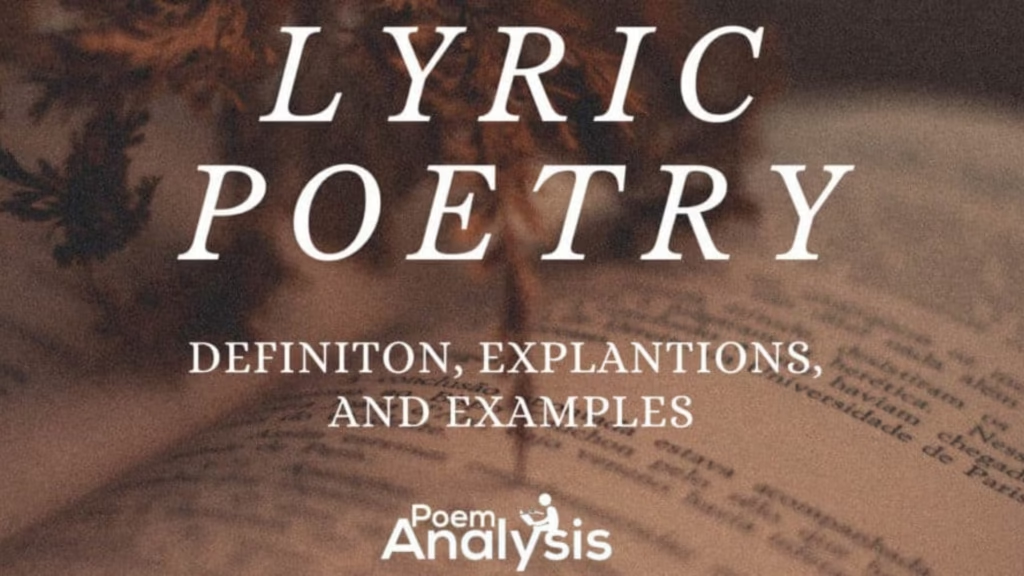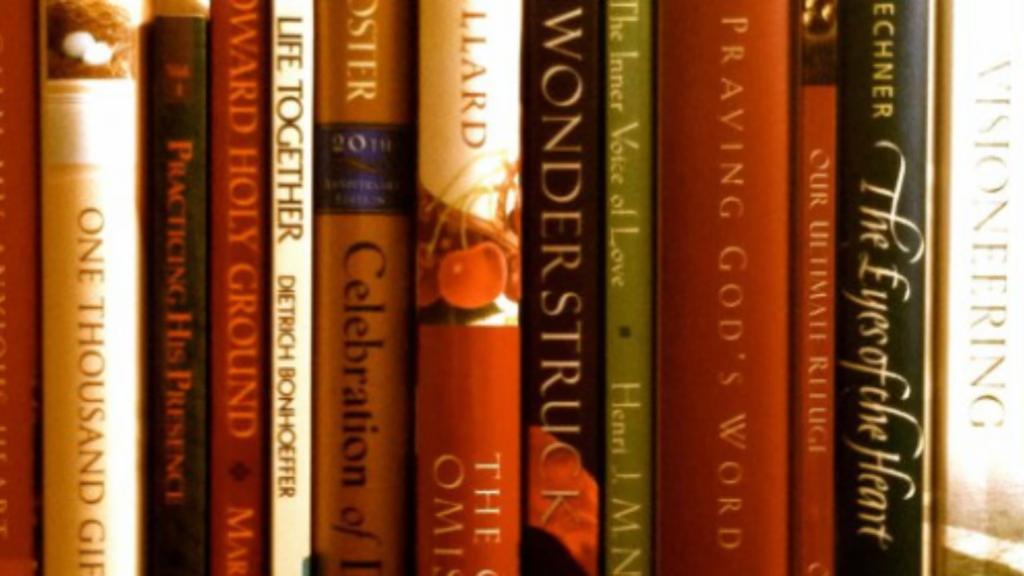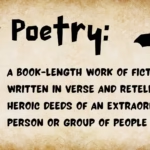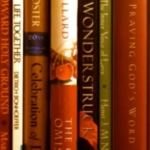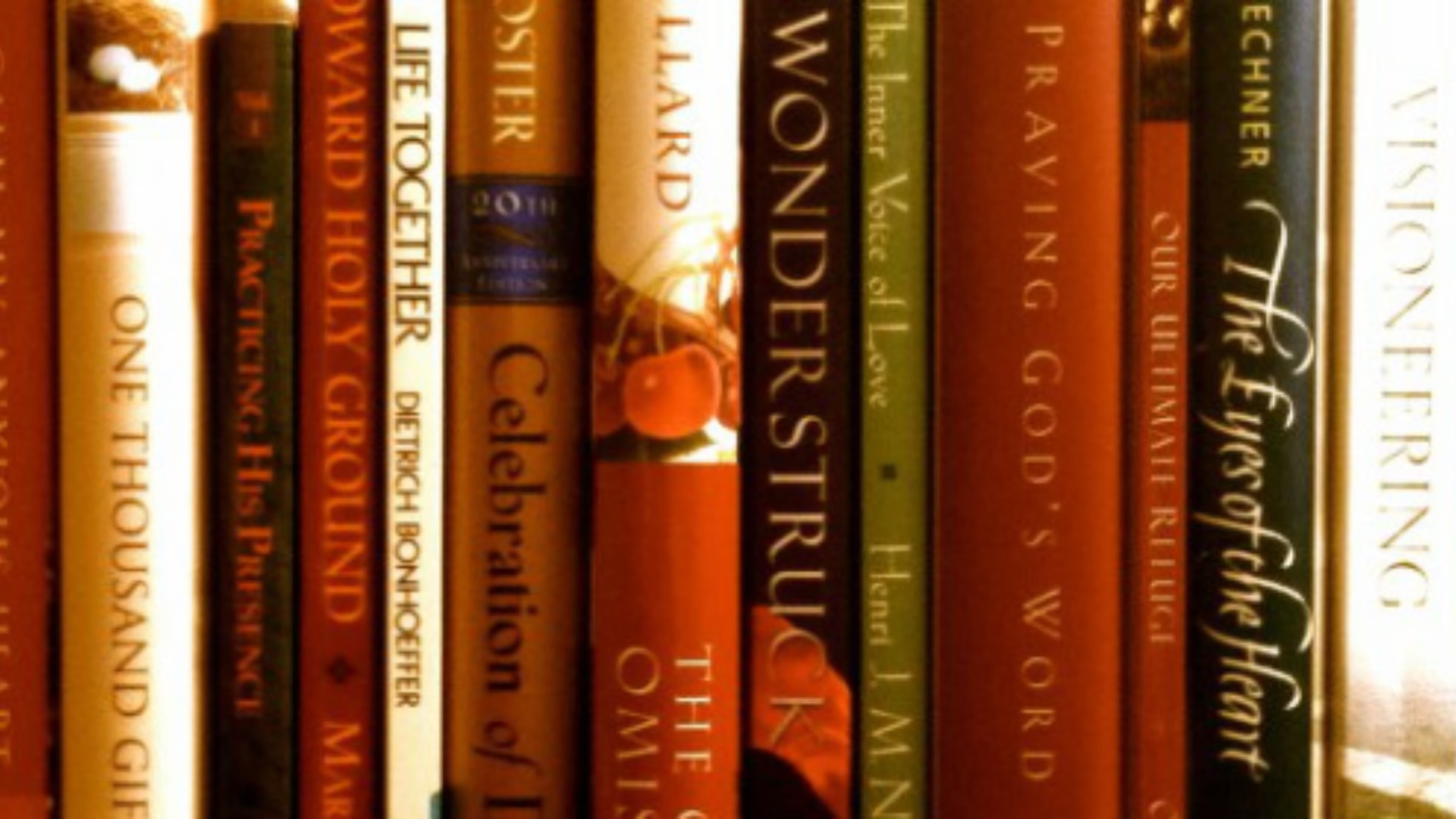The Profound Depths of Tragic Literature – Exploring Human Pain and Complexity

Tragic literature invites readers into a world where emotions run deep, revealing the intricacies of human nature amidst suffering and despair. This genre transcends mere storytelling, allowing us to explore the depths of our own experiences while grappling with universal themes. In the realm of tragic literature, we encounter characters whose flaws and misfortunes resonate with our own vulnerabilities, creating a powerful connection that lingers long after the tale has ended.
The Essence of Tragic Literature

To understand tragic literature, one must first delve into its essence. It is an artistic exploration of the human condition, often set against a backdrop of conflict, loss, and moral dilemmas. The brilliance of this genre lies in its ability to provoke thought and stimulate emotional responses, compelling us to reflect on our lives and the choices we make.
Defining Tragic Literature
Tragic literature transcends mere sorrowful tales; it embodies the complexities of life itself. At its core, it presents characters who face insurmountable challenges that often stem from their inherent flaws or societal constraints. These narratives typically revolve around pivotal moments that test not only the characters’ resolve but also the emotional resilience of the audience.
In classical tragedies, such as those penned by Sophocles or Shakespeare, protagonists often grapple with fate, destiny, or divine retribution. Their journeys are marked by a relentless pursuit of truth amidst chaos, which ultimately leads them toward catharsis—a purging of emotions through empathy and understanding. This aspect of tragic literature fosters a shared experience between reader and character, inviting us to confront our own struggles and imperfections.
Historical Perspectives on Tragedy
The origins of tragic literature can be traced back to ancient Greece, where theatrical performances sought to illuminate the human experience. Playwrights such as Aeschylus, Euripides, and Aristophanes laid the groundwork for the genre, weaving tales that illuminated the frailty of existence. Through their characters, they explored profound philosophical questions about morality, duty, and the consequences of human actions.
As time progressed, the form of tragedy evolved alongside cultural shifts and societal changes. The Renaissance brought forth a renewed interest in humanism, leading to a surge in tragic dramas that reflected the complexities of individual identity. Notably, Shakespeare’s works encapsulated the turmoil of the human psyche while delving into themes of love, ambition, and betrayal. His portrayal of tragic heroes revealed the duality of human nature—the potential for greatness intermingled with the specter of downfall.
Key Elements of Tragic Literature

Several hallmark characteristics define tragic literature, enriching its narrative landscape and enhancing its emotional impact.
- Heroic Flaws: Central to many tragic narratives is the concept of hamartia—an inherent flaw or error in judgment that precipitates the protagonist’s demise. Characters like Oedipus or Macbeth exemplify how personal weaknesses intertwine with fate, leading to catastrophic outcomes.
- Inevitable Fate: The notion of fate plays a pivotal role in tragedy, suggesting that some outcomes are predetermined and unavoidable. This inevitability creates a sense of dramatic tension, as audiences witness characters struggle against forces beyond their control.
- Catharsis: Tragic literature elicits intense emotional responses, culminating in catharsis for both characters and readers. As we navigate their pain, we confront our own fears and anxieties, emerging transformed through the shared experience of suffering.
Through these elements, tragic literature offers a lens through which we can examine our own lives, challenging us to confront our vulnerabilities and the darker aspects of the human experience.
The Psychological Impact of Tragic Literature
The allure of tragic literature extends beyond entertainment; it taps into our psychological fabric, offering profound insights into the human mind and emotional landscape. Engaging with tragedy allows us to explore the depths of our emotions while fostering empathy and understanding for others.
The Role of Empathy in Tragedy
Empathy serves as a cornerstone of tragic literature, bridging the gap between the reader and the characters portrayed on the page. As we immerse ourselves in the struggles of protagonists, we become more attuned to their pain, experiencing their grief, anguish, and despair as if it were our own.
This empathetic connection compels us to reflect on our values, relationships, and the moral dilemmas we face in our own lives. By witnessing characters grapple with their emotions and confront their flaws, we gain insight into the complexities of human behavior, prompting us to question our motivations and desires.
Moreover, this shared experience of suffering cultivates compassion, encouraging us to extend our understanding to individuals in real life who face similar hardships. Tragic literature thus becomes a powerful tool for fostering social awareness and empathy, urging us to advocate for those who endure hardship within society.
Catharsis and Emotional Release
The concept of catharsis, rooted in Aristotelian principles, emphasizes the emotional purging experienced when engaging with tragic narratives. As we follow characters through their trials, we find ourselves confronted with our own sorrows and insecurities, leading to a release of pent-up emotions.
This process serves a therapeutic function, allowing readers to process their feelings and experiences in a safe space. The unfolding tragedy can evoke tears, reflection, and even a sense of relief as we witness the culmination of suffering. This release fosters healing, encouraging us to face our own traumas with greater clarity and resilience.
Moral Reflections and Personal Growth
Tragic literature also invites introspection regarding morality and ethical considerations. As we witness characters make poor choices or succumb to their flaws, we are prompted to evaluate our decisions and the potential consequences of our actions.
By grappling with the moral complexities presented in these narratives, we gain valuable lessons about accountability, humility, and the significance of self-awareness. The journeys of tragic figures compel us to confront the darker sides of our humanity, reminding us of the importance of making choices aligned with our values.
Ultimately, the psychological impact of tragic literature resonates deeply, providing a framework for self-exploration and growth as we engage with the intricate tapestry of human existence.
Tragic Literature Across Cultures and Time

Throughout history, tragic literature has emerged across diverse cultures, reflecting the shared human experience of suffering, loss, and existential inquiry. From ancient myths to modern novels, variations of tragedy reveal the universal themes that transcend geographical boundaries and cultural contexts.
Ancient and Classical Tragedies
The roots of tragic literature lie in ancient civilizations, where myths and oral traditions conveyed moral lessons and existential truths. Greek tragedies, characterized by their exploration of fate and hubris, formed the basis of the genre, influencing countless playwrights and storytellers for centuries.
Sophocles’ “Oedipus Rex” exemplifies the archetypal tragedy, depicting the plight of a man destined to fulfill a horrifying prophecy. The interplay between fate and free will highlights the inevitable consequences of human choice while addressing the fundamental questions of existence. Similarly, the works of Euripides, such as “Medea,” expose the raw emotions of love and revenge, illustrating the destructive nature of unchecked passion.
In the context of Roman literature, Seneca’s tragedies evoke a sense of moral ambiguity, exploring the complexities of human desires and the impact of societal decay. These foundational texts serve as a testament to the enduring power of tragedy in shaping our understanding of the human condition.
Tragedy in Eastern Literature
While Western literature prominently features its classical tragedies, the concept of tragedy is equally present in Eastern literature. In the realm of Japanese literature, the “Noh” and “Kabuki” theaters showcase poignant tales steeped in loss and existential dilemmas. Works like “The Tale of Genji” highlight the impermanence of beauty and the inevitability of suffering, resonating with the principles of Buddhist philosophy.
Likewise, Indian epics such as the “Mahabharata” contain tragic elements that explore moral dilemmas, familial strife, and the consequences of war. The characters’ internal conflicts and external challenges illustrate the multifaceted nature of human existence, mirroring the complexities found in Western tragic narratives.
Modern Tragedies: New Voices and Perspectives
The evolution of tragic literature continues to unfold in contemporary society, where issues of identity, inequality, and trauma take center stage. Modern authors harness the power of tragedy to address pressing social concerns, giving voice to marginalized communities and exposing systemic injustices.
Novels like “Beloved” by Toni Morrison delve into the haunting legacy of slavery, portraying the psychological scars of trauma and the quest for redemption. Morrison’s portrayal of motherhood and sacrifice carries profound implications, showcasing the enduring impact of historical tragedies on contemporary lives.
Similarly, Khaled Hosseini’s “The Kite Runner” presents a narrative steeped in themes of guilt, friendship, and redemption, illustrating the complex relationships shaped by cultural and political upheaval. This modern iteration of tragedy resonates with readers, urging us to confront the ramifications of our actions and the weight of our histories.
As we explore tragic literature from various cultures and eras, we uncover the shared threads of humanity embedded within these narratives. Each story, regardless of origin, reflects the timeless struggles faced by individuals as they grapple with pain, loss, and the search for meaning in a chaotic world.
Real-Life Tragedies That Inspire Literary Creation
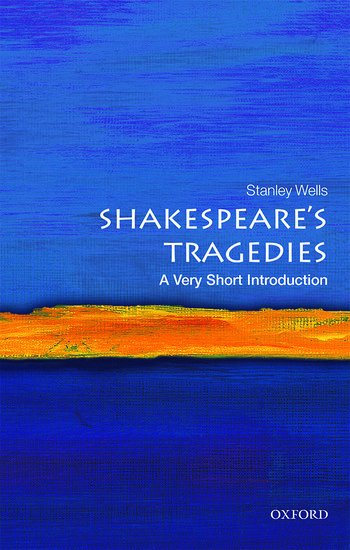
The world outside the pages of tragic literature is rife with real-life events that echo the themes of suffering and resilience depicted in literary works. From historical atrocities to personal struggles, these tragedies shape our understanding of human experience and inspire creative expression.
Historical Events and Collective Trauma
History is replete with tragedies that leave indelible marks on societies and generations. Events such as wars, genocides, and natural disasters evoke collective trauma, prompting artists and writers to document the pain and resilience of those affected.
The Holocaust, for instance, serves as a poignant reminder of the depths of human cruelty, inspiring works such as Elie Wiesel’s “Night.” Wiesel’s memoir captures the harrowing experiences of survival, illuminating the darkness of oppression while reinforcing the necessity of remembrance and reflection.
Similarly, the impact of colonialism and systemic racism has given rise to numerous literary responses, as writers seek to convey the stories of those silenced by historical injustices. Authors like Chimamanda Ngozi Adichie explore the complexities of identity and belonging, weaving narratives that challenge dominant narratives and illuminate the struggles of marginalized voices.
Personal Struggles and Artistic Expression
On an individual level, personal tragedies often serve as catalysts for artistic creation. Many writers channel their pain and experiences into their work, forging connections that resonate with readers grappling with similar struggles.
The life of Vincent van Gogh stands as a testament to the intersection of art and tragedy. Despite his immense talent, van Gogh battled mental illness and societal rejection, ultimately leading to his untimely demise. Yet, his paintings—imbued with emotion and intensity—continue to inspire, serving as a reminder of the beauty born from pain.
Similarly, poets like Sylvia Plath express their innermost battles through verse, capturing the essence of despair, longing, and vulnerability. Plath’s “Ariel” exemplifies the cathartic power of poetry, as she navigates her struggles with mental health and identity, inviting readers to confront their own demons.
Through these real-life tragedies, literature gains depth and authenticity, allowing us to empathize with the human experience on a profound level. The convergence of art and life unravels the complexities of existence, emphasizing the resilience of the human spirit even in the face of adversity.
Conclusion
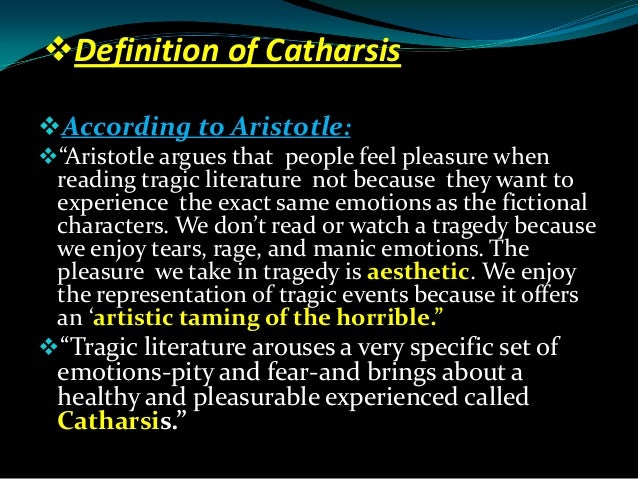
Tragic literature serves as a mirror reflecting the complexities of human experience, inviting readers to confront the spectrum of emotions that define our existence. Through the exploration of flawed characters, moral dilemmas, and the inevitability of fate, we gain insights into the intricacies of our own lives while cultivating empathy for others.
As we traverse the realms of ancient and modern tragedies, we uncover shared threads that connect us across cultures and time. Whether rooted in classical drama or contemporary narratives, the themes of pain, loss, and redemption remain relevant, urging us to reflect on our choices and the world around us.
Ultimately, tragic literature transcends the confines of fiction; it provides a space for contemplation, introspection, and healing. By engaging with these narratives, we gain a deeper understanding of ourselves and the complexities of human nature, reminding us that amidst the darkness, there exists the potential for growth, resilience, and hope.

